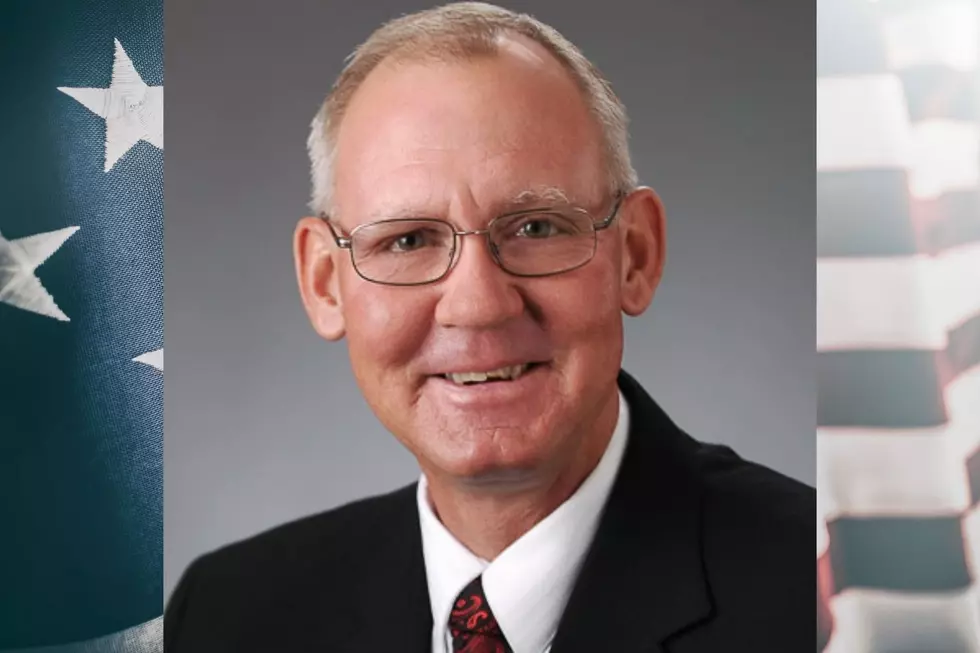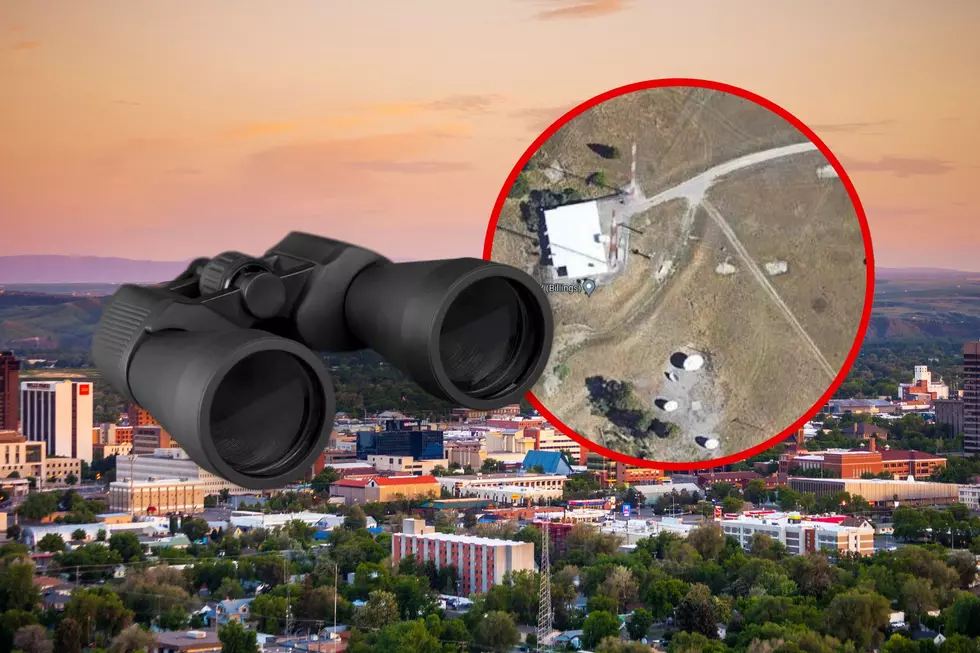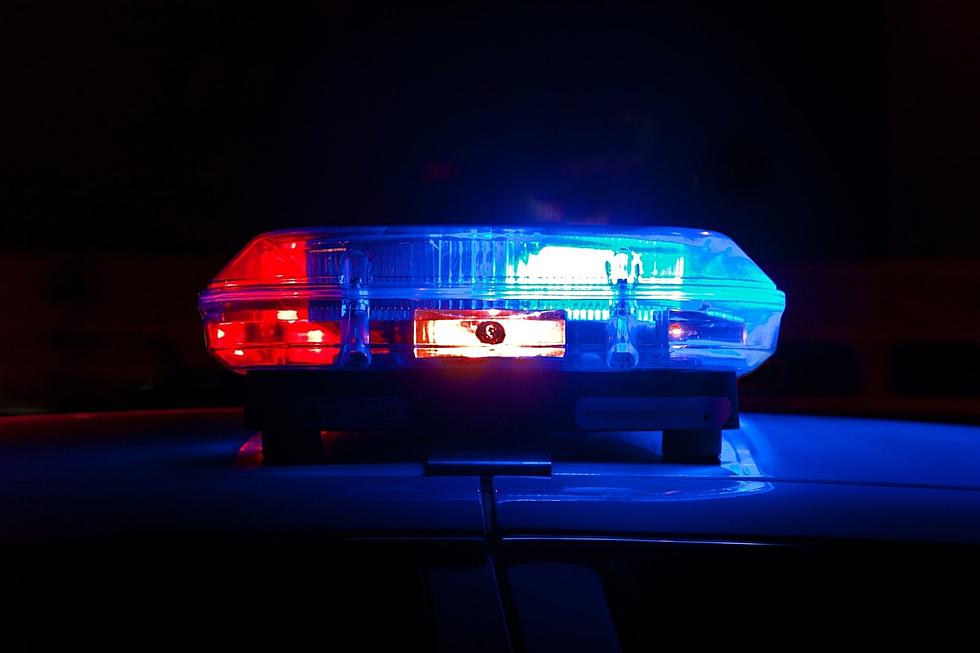
Op Ed: ‘I-191 Restricts Public Access, Agriculture, and More in SW Montana’
Submitted by Sen. Walt Sales (R)
As part of a multigeneration farm/ranch family in the Gallatin Valley, I understand the vital importance of protecting our land and water resources. Farmers’ and ranchers’ stewardship of the land and water is our livelihood.
When I heard of the proposed ballot initiative 191 that would apply new, strict regulations to stretches of the Gallatin and Madison rivers—the type of regulations usually reserved for national parks and wilderness areas—I looked at the fine print.
The proponents are selling this initiative as a move to protect the rivers. But as is typical with ballot initiatives, there are significant downsides they won’t tell you about.
I-191 is aimed at shutting down most human activity on these water bodies. That includes current restoration efforts driven by science and being conducted by local and statewide conservation groups aimed at improving stretches of these rivers. Because it would stop these restoration activities, I-191 could actually result in degrading water resources. That’s why several prominent conservation organizations oppose I-191.
I-191 would reduce public access. It would halt construction and improvement of fishing access sites and prevent maintenance of trails in the surrounding area. For these reasons, numerous outdoor recreation groups, specifically those supporting anglers, oppose I-191.
Perhaps the biggest impacts of I-191 would be on agriculture. The initiative could reduce irrigation and stock water usage. The result would be devastating to the ag families that have farmed and ranched in this area for generations. That’s why Montana’s leading agricultural organizations oppose I-191.
I-191 would also dramatically reduce new workforce housing development in Gallatin and Madison counties by prohibiting new permits from being issued in the affected areas. Gallatin County is ground zero for Montana’s housing crisis, and I-191 would only make it worse. As such, several housing affordability groups oppose I-191.
I-191 has been described as having a “chilling effect” on projects necessary for highway safety and maintenance, by potentially prohibiting even basic projects like chip sealing on roads near the specified water bodies. That’s why Montana highway safety experts oppose I-191.
Overall, I-191 is projected to have a detrimental effect on the economies of the affected areas. It’s no wonder then that a bipartisan group of local elected officials has come out strongly against I-191.
After reviewing I-191, the Attorney General took the unprecedented step of requiring a warning label to be printed on the initiative petition, alerting voters that the measure would “cause significant material harm” to Montanans living in the target area.
The legislature’s bipartisan Water Policy Interim Committee weighed in with their own warning on the I-191 petition, voting 8-2 to advise voters that they do not support placing the initiative on the ballot. The vote is significant as an all-too-rare example of bipartisan agreement.
It’s clear I-191 creates more problems than it solves. It’s not well thought out and its sponsors failed to work with stakeholders. The measure circumvents the stringent environmental review already in place at the Department of Environmental Quality. The experts have weighed in with near unanimous opposition—dozens of organizations representing conservation, public access, agriculture, affordable housing, and economic development all oppose I-191.
Montana’s water resources are one of our most valuable assets, and we all want those resources preserved for future generations. That’s why Montana’s have worked together over the years to enact some of the toughest water quality laws in the country. The group that sponsors I-191 wants to override those existing protections.
I-191 would actually set us back. Remember that when you’re asked to sign the petition to put I-191 on the ballot, and please decline to sign.
Senator Walt Sales, from Manhattan, represents Senate District 35 in Gallatin County. He is a member of the Senate Agriculture, Livestock, and Irrigation Committee.
###
More From Montana Talks









